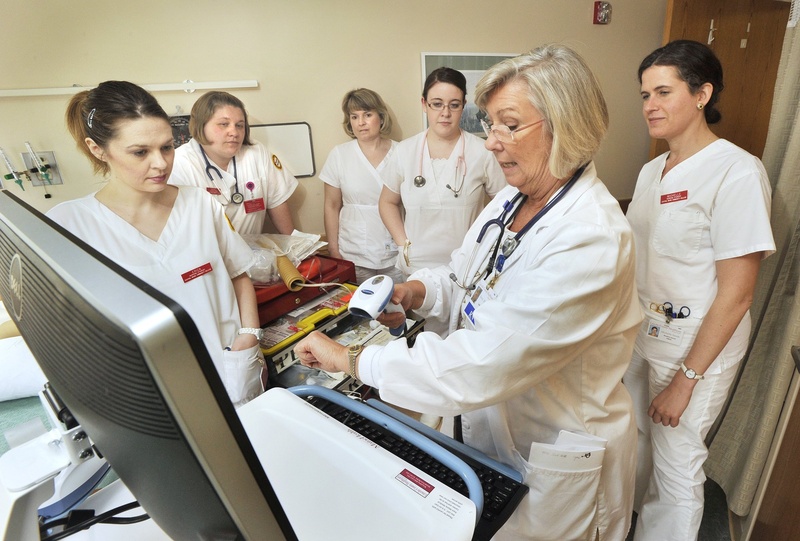AUGUSTA — The Maine Senate advanced a bill aimed at addressing the state’s so-called “skills gap” on Monday, but it faces a hurdle before passage because of its cost.
L.D. 90, sponsored by Senate President Justin Alfond, D-Portland, an omnibus bill, would improve the transfer of credits between the University of Maine System and the Maine Community College System. It also aims to reduce waiting lists for popular community-college programs and provide financial assistance to adults who went to college but didn’t earn a degree, among other things.
The Senate advanced the bill on Tuesday after a unanimous roll-call vote last week, but the bill isn’t yet enacted. Since it will cost the state significantly, it will go into effect only if the Legislature’s Appropriations Committee can fund it in the next two-year budget, which begins in July.
It’s estimated the bill would cost nearly $9.4 million over four years, $5 million of which would come in the next two budget years. About half of the four-year total, approximately $4.7 million, would go to the community college system.
The bill passed the House 138-0 on Monday, getting glowing recommendations from legislators in both chambers.
“It’s a top priority to put Mainers back to work and help businesses find the talent they need to grow,” said Senate Majority Leader Seth Goodall, D-Richmond, in a prepared statement Tuesday. “The Legislature worked together to come up with a solution that will help create jobs, help Mainers keep jobs and Maine businesses in today’s economy.”
But in floor debate in the House on Monday, House Minority Leader Kenneth Fredette, R-Newport, warned that the fiscal note could make it difficult for the Appropriations Committee to fund the bill. On Tuesday, he said the bill has the potential of “putting more pressure on what is already a tense atmosphere on a very difficult budget.”
“At the end of the day, there’s a lot of good ideas to fix a lot of things,” Fredette said. “Ninety percent of them require money.”
The bill is supported by a broad coalition of groups, including the university and community college systems, the pro-business Maine State Chamber of Commerce and the Maine AFL-CIO, a coalition of labor unions.
Democrats and Republicans have long cited a study from Southern Maine Community College in South Portland, saying 4,000 high-wage jobs will be unfilled over 10 years in Maine because workers’ skills don’t match up with jobs available, comprising the state’s “skills gap.”
Even though the parties agree, Peter Cappelli, a professor of management at the Wharton School at the University of Pennsylvania, is skeptical of the skills gap’s existence.
In January, he told the Portland Press Herald that companies nationwide are asking for changes in the educational system only to compensate for their lack of investment in training and employee development.
State House Bureau Michael Shepherd can be reached at 370-7652 or at: mshepherd@mainetoday.com
Twitter: @mikeshepherdme
Send questions/comments to the editors.


